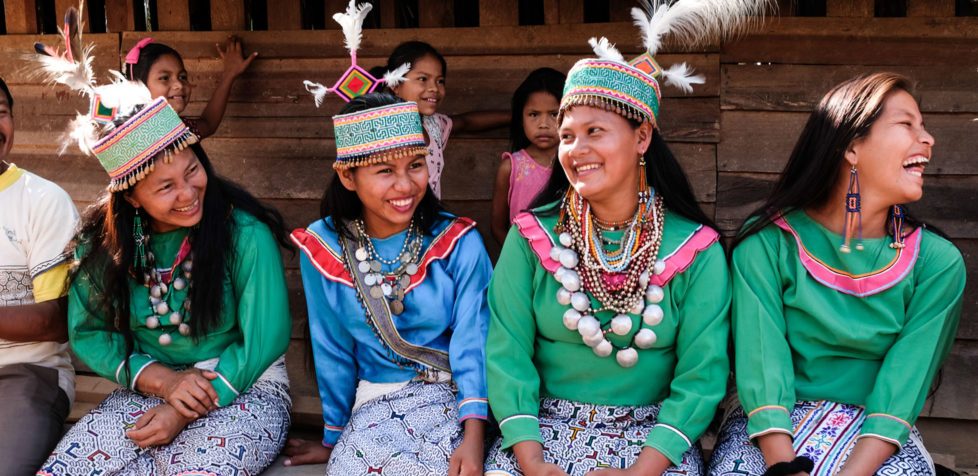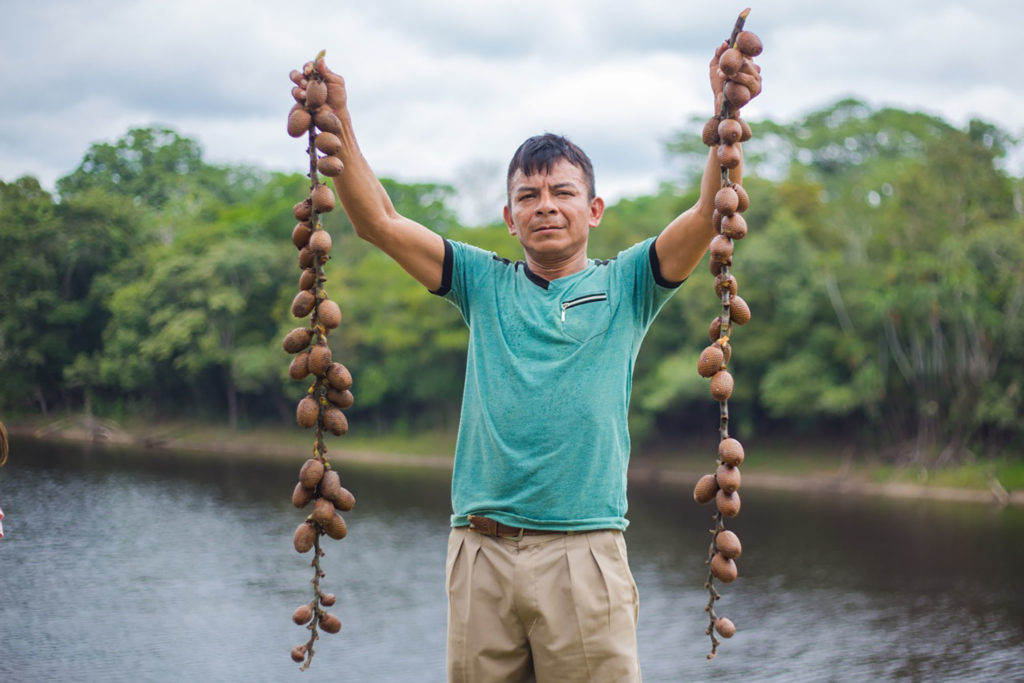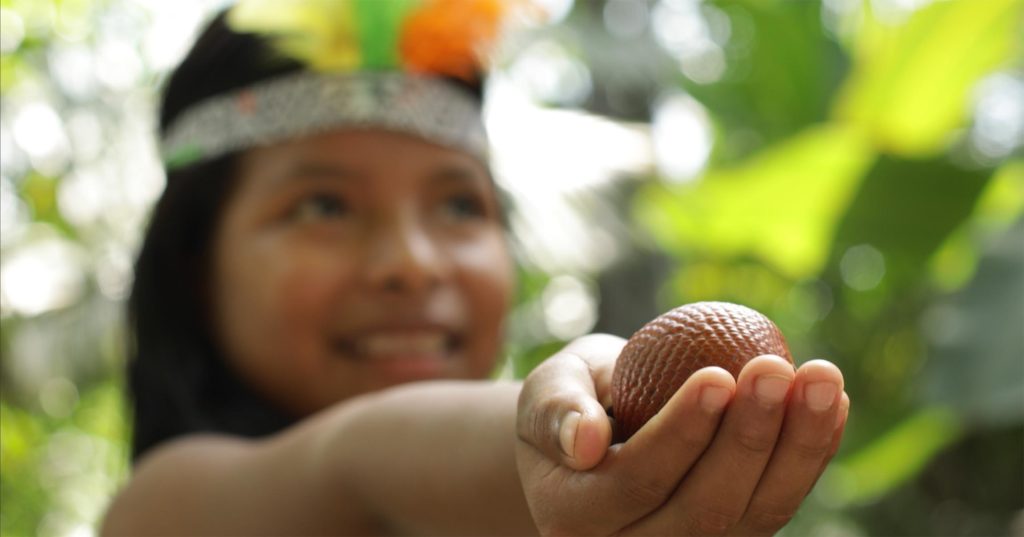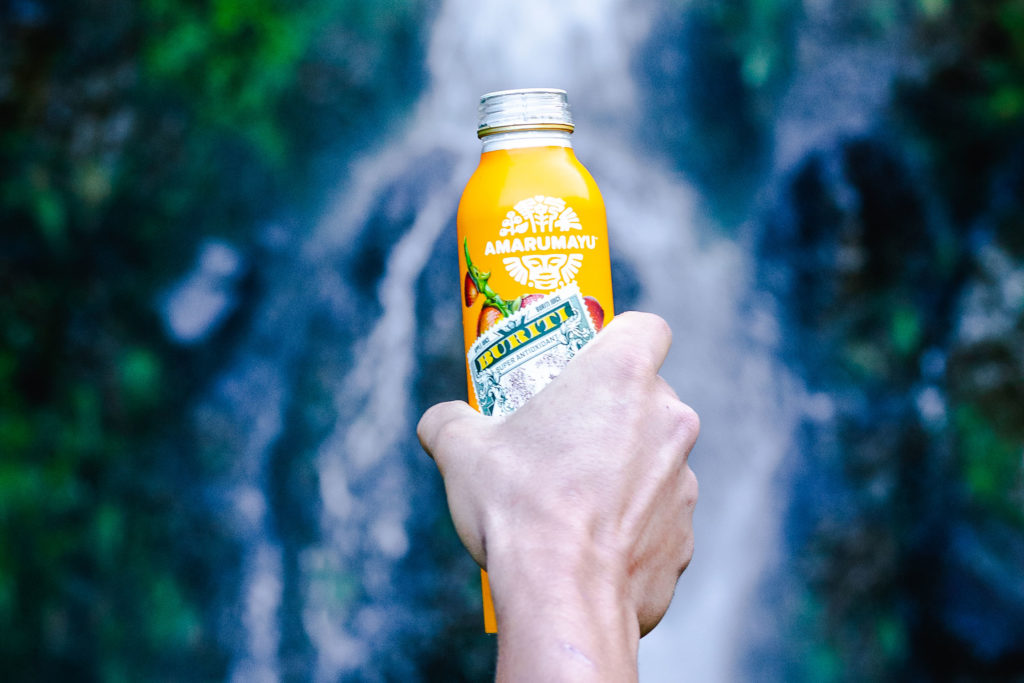Change the Way You Consume to Support Indigenous Peoples

Something is out of whack with the way we treat indigenous peoples.
According to Amnesty International, indigenous peoples represent about 5% of the world’s population—yet 15% of its “extreme poor.” Yet acknowledging this problem is only half the battle.
The more important question might be: what can we do about it?
There are plenty of great ways to support indigenous peoples, including:
- Looking up the history of your own land. For example, if you’re from South Dakota, you may look into the Defenders of the Black Hills campaigns. Don’t assume there isn’t a worthy cause in your area. Your local history may surprise you.
- Spread awareness of indigenous peoples. For example, did you know indigenous peoples are disproportionately poorer than the rest of the population? Use your social media accounts and personal relationships to spread awareness of the plight of indigenous peoples, including the hashtag #LandBack movement.
These are two worthy ways of supporting indigenous peoples. But even if you take them on, you may be surprised to learn that your lifestyle itself can sometimes harm indigenous peoples. That’s particularly true in the Amazon, where the indigenous population has to fight issues like deforestation and climate change.

How the Indigenous Peoples of the Amazon Are Affected by Modern Consumer Habits
According to estimates, there are over 300,000 indigenous people in the Brazilian Amazon alone. That might seem like a lot of people, but consider that some estimates put the pre-Columbian population of the Amazon rainforest in the millions. And it’s not just Brazil. Indigenous populations in Peru, Colombia, Ecuador, Bolivia, and elsewhere are all affected by the success—or lack thereof—of the Rainforest climate.
One of the chief issues affecting the Rainforest environment is, of course, climate change. According to the World Wildlife Fund, we may be headed toward a “climate tipping point” in which rainfall is substantially reduced, affecting the growth, wildlife, and productivity of the area. The climate change scenarios could destroy or damage as much as 55% of the Amazon Rainforest by the year 2030.
Deforestation is another major problem for the local population. According to Kathryn Baragwanath of UCSD and speaking to Scientific American:
“Indigenous tribes are really linked to biodiversity management and reductions in deforestation, and it’s because they live on the land, and I think they have kind of a very keen sense of what it would mean to upset the ecosystem around them.”

For the indigenous peoples of the Amazon, living off the land isn’t just a luxury. It’s a way of life. And the quality of that land—including its biodiversity—disproportionately threatens these populations.
How to Support Indigenous Peoples by Changing the Way We Consume
How can we do anything, especially if we’re half a world away? There are a few things we can do to change our impact on the environment and indigenous peoples:
- Support sustainable harvesting practices. Look up the products you buy, and find out if they use sustainable practices. For instance, AMARUMAYU doesn’t use fruit from trees that have been felled, thereby avoiding contributing to deforestation.
- Buy products that support indigenous peoples. Indigenous people often rely on certain products to support their lifestyle. With our Buriti and Camu Camu Superfruit Juices, for example, you’ll be able to experience the great tasting, nutritious, exotic flavors of the Amazon while knowing that it’s helping empower the indigenous Amazonian communities.

It’s time to change the way we consume. At AMARUMAYU, we support sustainable business practices in the Amazon and understand our role in empowering the indigenous communities who are the True Guardians of the precious Amazonian ecosystem. All you have to do to have an impact is sit back and enjoy.
Want to learn more about the Indigenous Peoples of the Amazon? Watch our Youtube vide about the Amazonian indigenous community: the Kukama-Kukamirias!
